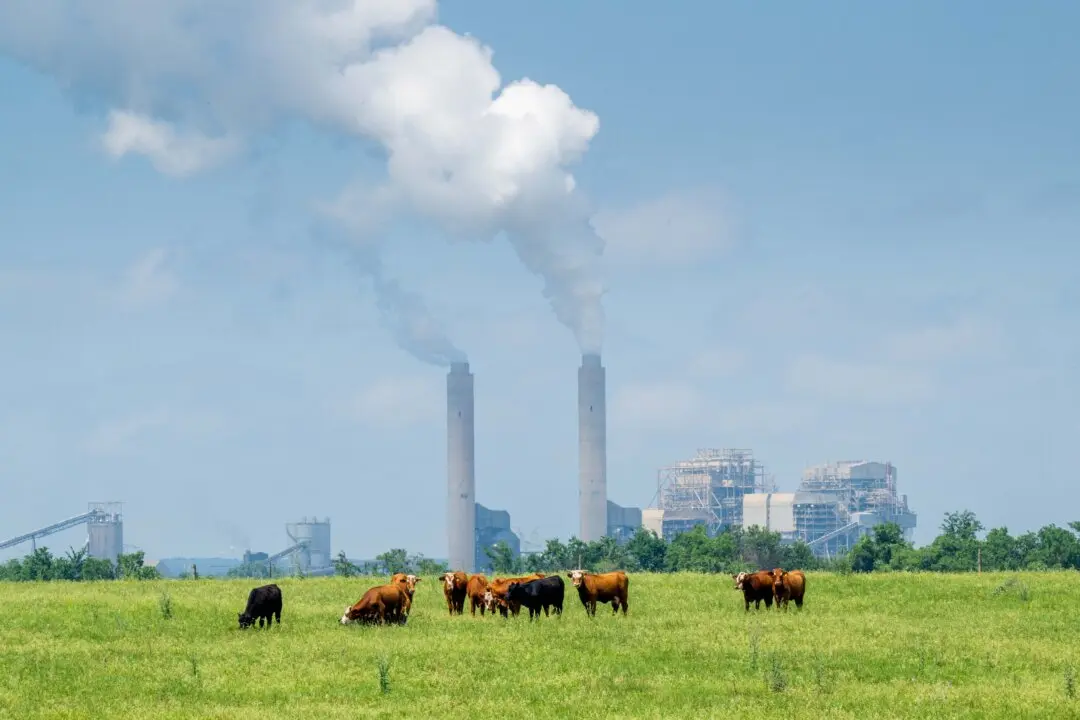Commentary
When The Beatles sang the wispy, psychedelic tune “Sun King” on their Abbey Road album, I doubt that John Lennon—even on one of his wildest trips—envisioned scientists cooking up plans to block sunlight. Yet there are climate scientists today, apparently tripping out on apocalyptic visions of a boiling Earth, who are acting like would-be sun kings as they hatch grandiose plans to control how much of the sun’s rays reach Earth’s surface.





